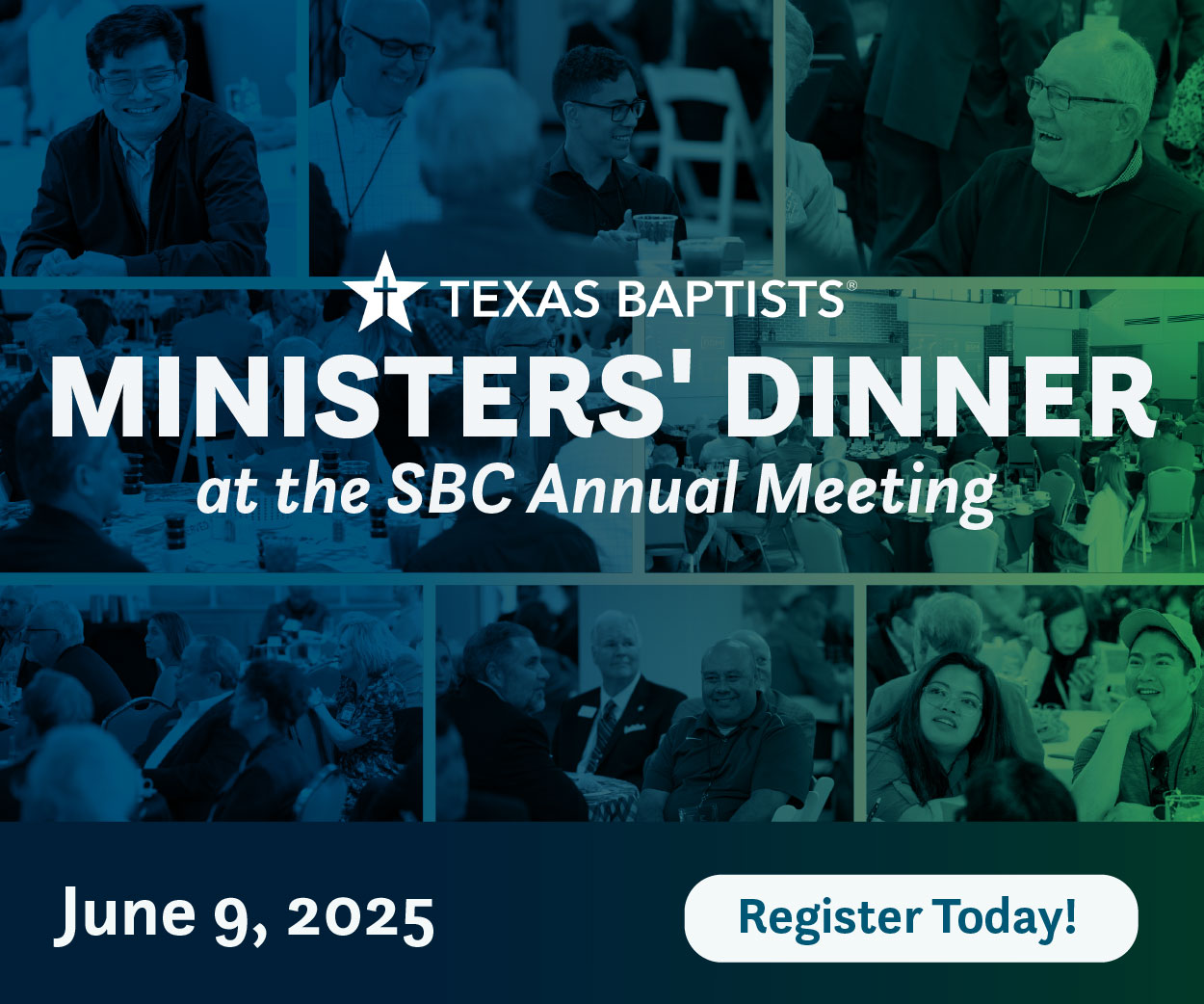Do you think Americans despise religion, and particularly Christianity?
That's the assessment of the new "Survey of Religious Hostility in America." Two conservative groups—the Plano-based Liberty Institute and the Washington-based Family Research Council—produced the report. It cites 600 cases, spanning a decade, that allegedly document their assertion.

|
"America today would be unrecognizable to our Founders," the report asserts, according to Religion News Service. "Our first freedom is facing a relentless onslaught from well-funded and aggressive groups and individuals who are using the courts, Congress and the vast federal bureaucracy to suppress and limit religious freedom."
Quite often, extremist politicians and preachers alike cite such hyperbole to invoke fear in and/or loosen the checkbooks of the faithful. Still, almost anyone who pays attention to society can cite examples of unbelievers who express hateful attitudes toward Chris-tians, Muslims and Jews.
For example, comments on blogs and news websites that focus on faith, science and philosophy often overflow with anger and invective directed at God, "the church," clergy and religious people in general. Some television programs, particularly on cable, treat faith in God and trust in Jesus as easy punchlines. And periodically, news outlets report examples of earnest but ill-informed public officials who trample the First Amendment's guarantee that Americans can freely exercise religious liberty.

In a nation of 300 million individuals, people of goodwill can debate whether such examples constitute calculated and broad-based "religious hostility in America." Maybe they're merely random acts of meanness or ignorance. But debating whether hostility expressed toward religion is orchestrated or spontaneous—or even real or perceived—is a foolish pursuit. It's beside the point, on at least two levels.
To begin with, so what? You can build a solid case that religious people, and especially Christians, comprise one of the most privileged castes in American culture. These days, the vast majority of candidates for public office overtly or at least tacitly direct attention to their faith. In villages and cities across the land, membership in a local congregation is prerequisite for acceptance and respectability. And even folks who see themselves as outside the dominant culture thrive in Christian cocoons, insulated from the "heathen" from cradle to grave.
Sign up for our weekly edition and get all our headlines in your inbox on Thursdays
Beyond this, it's far past time Christians quit giving unbelievers reason to scoff, sneer and/or laugh out loud. Sadly, we don't have space to cite all the examples. For starters, let's begin with "legitimate rape," a heinous term coined by one of the most flagrantly self-proclaimed Christian candidates this political season. Or how about Christians who pick faith vs. science fights without exercising the discipline to comprehend the claims of science? And don't forget all the devout who condemn books they haven't read, movies they haven't seen and music they haven't heard.
These examples illustrate the rational reasons for hostility toward people of faith. But I've got a huge hunch the real reasons are relational rather than rational. Far too often, hostility is reciprocal. The unbelieving haters reflect the hatred they receive. They feel antipathy rather than empathy, hatred rather than love. So, who can blame them for responding in kind? After all, they do not know a transcendant Redeemer who sought to reconcile the world to himself.
Generations of Baptist boys learned a powerful motto: "We are ambassadors for Christ." Sadly, too few Christians take that concept to heart. What if we sought to reflect the love of our Savior into the lives of people who think they hate God and people of faith? Jesus told us we should not expect to be loved by the world, but he commanded us to love the world. We don't need the world to love us, but the world needs to love Jesus. If we practice love, perhaps we can turn the tide of hostility. Not for our sakes, but theirs.
Marv Knox is editor of the Baptist Standard. Visit his blog at baptiststandard.com.
















We seek to connect God’s story and God’s people around the world. To learn more about God’s story, click here.
Send comments and feedback to Eric Black, our editor. For comments to be published, please specify “letter to the editor.” Maximum length for publication is 300 words.